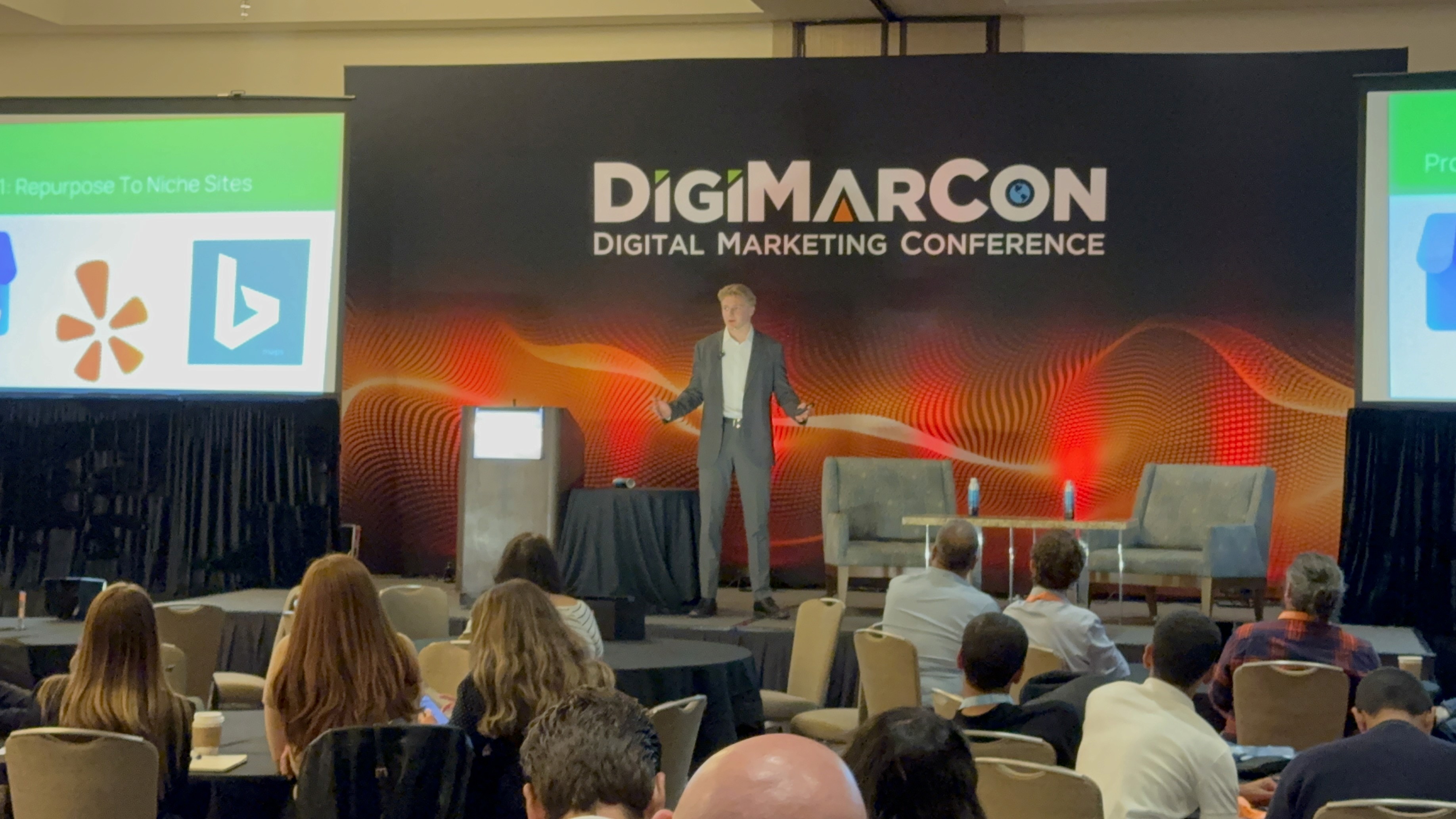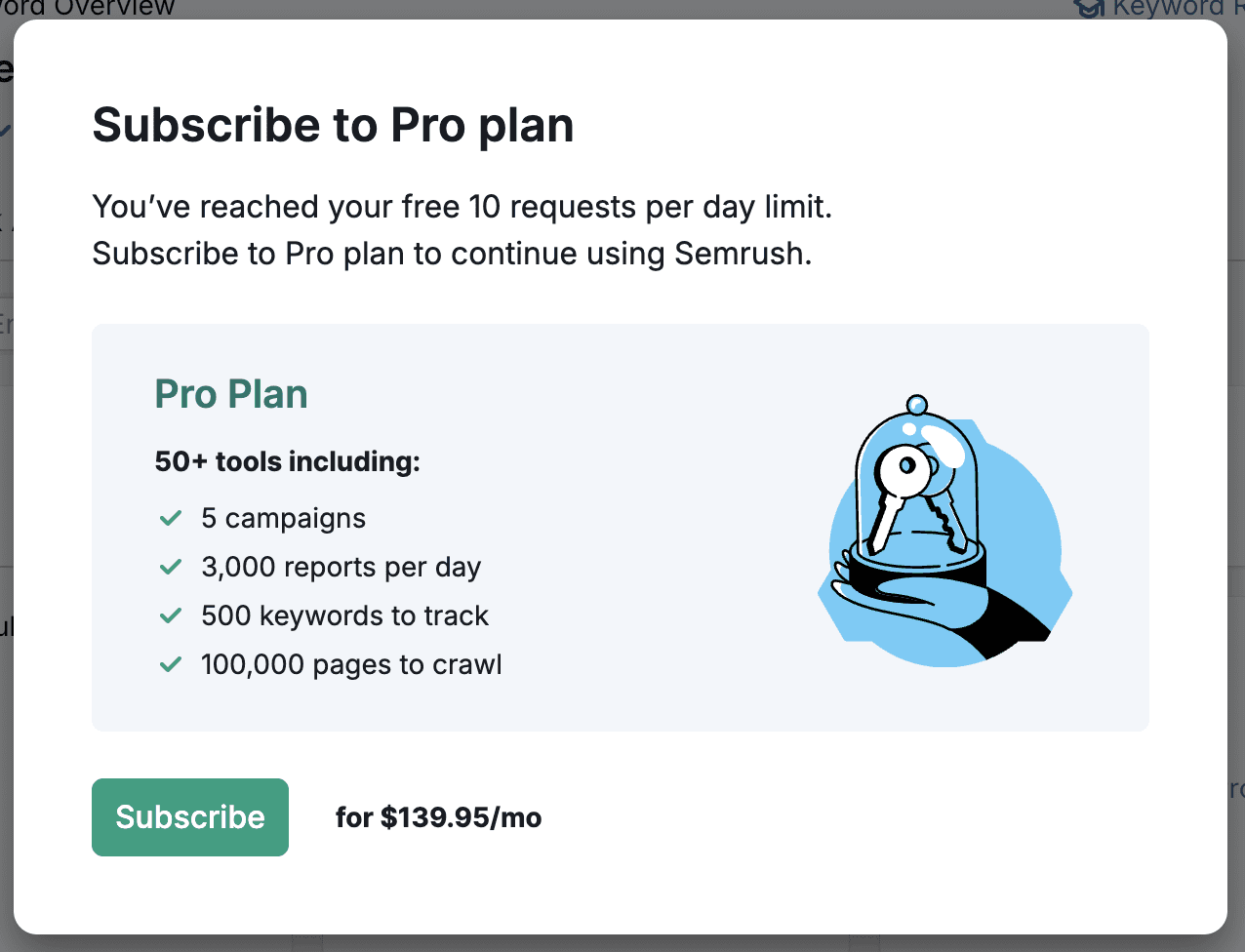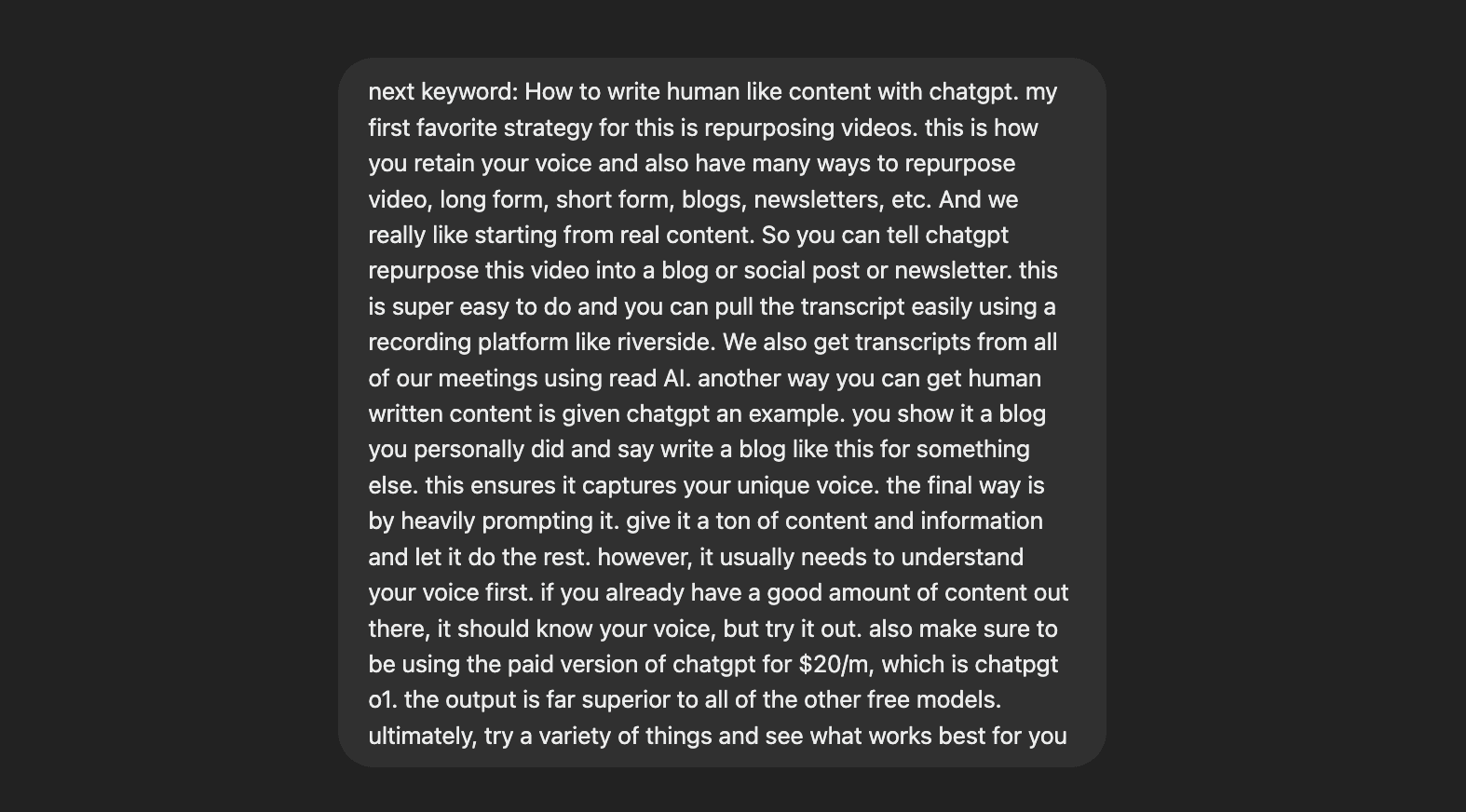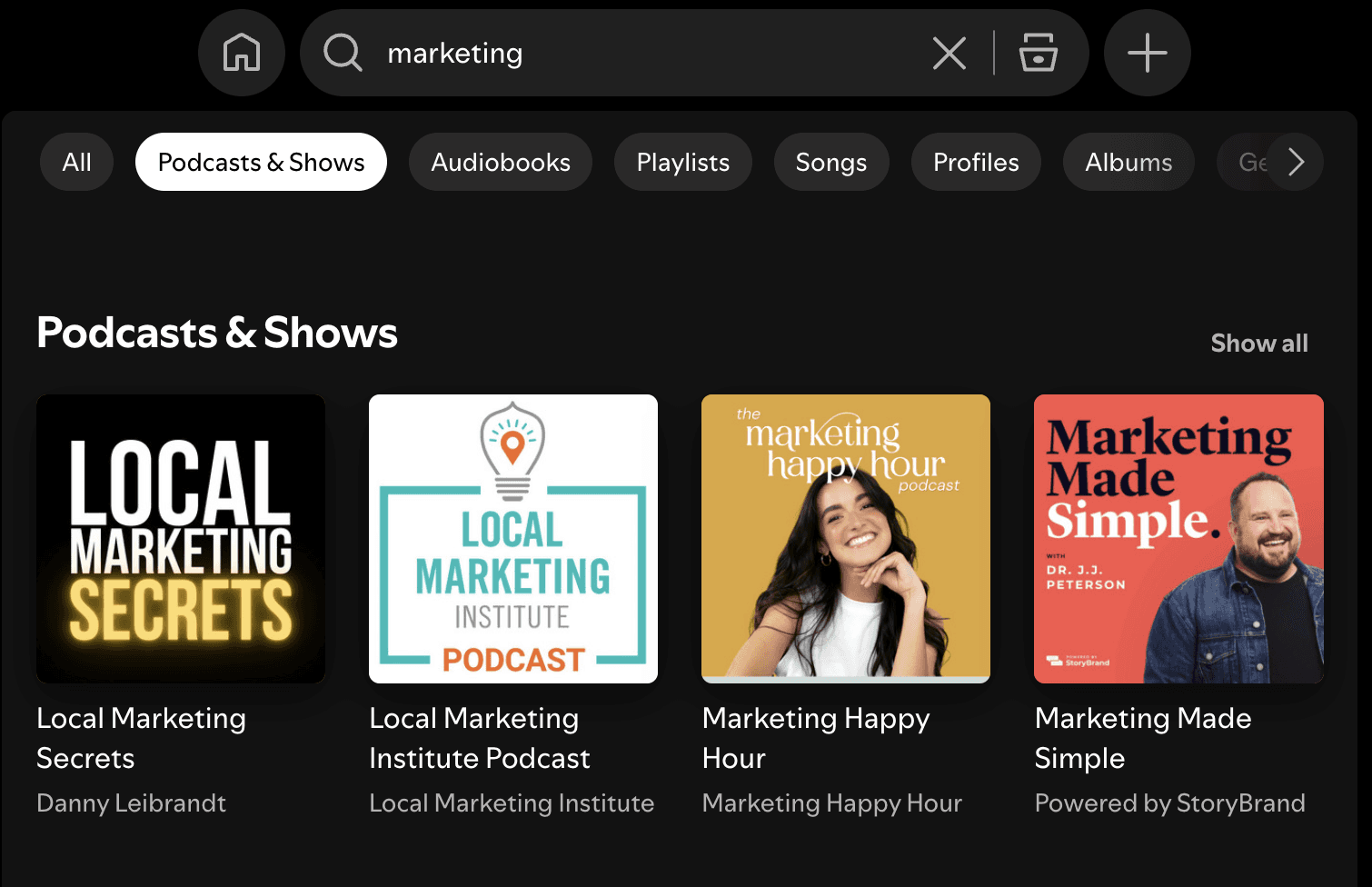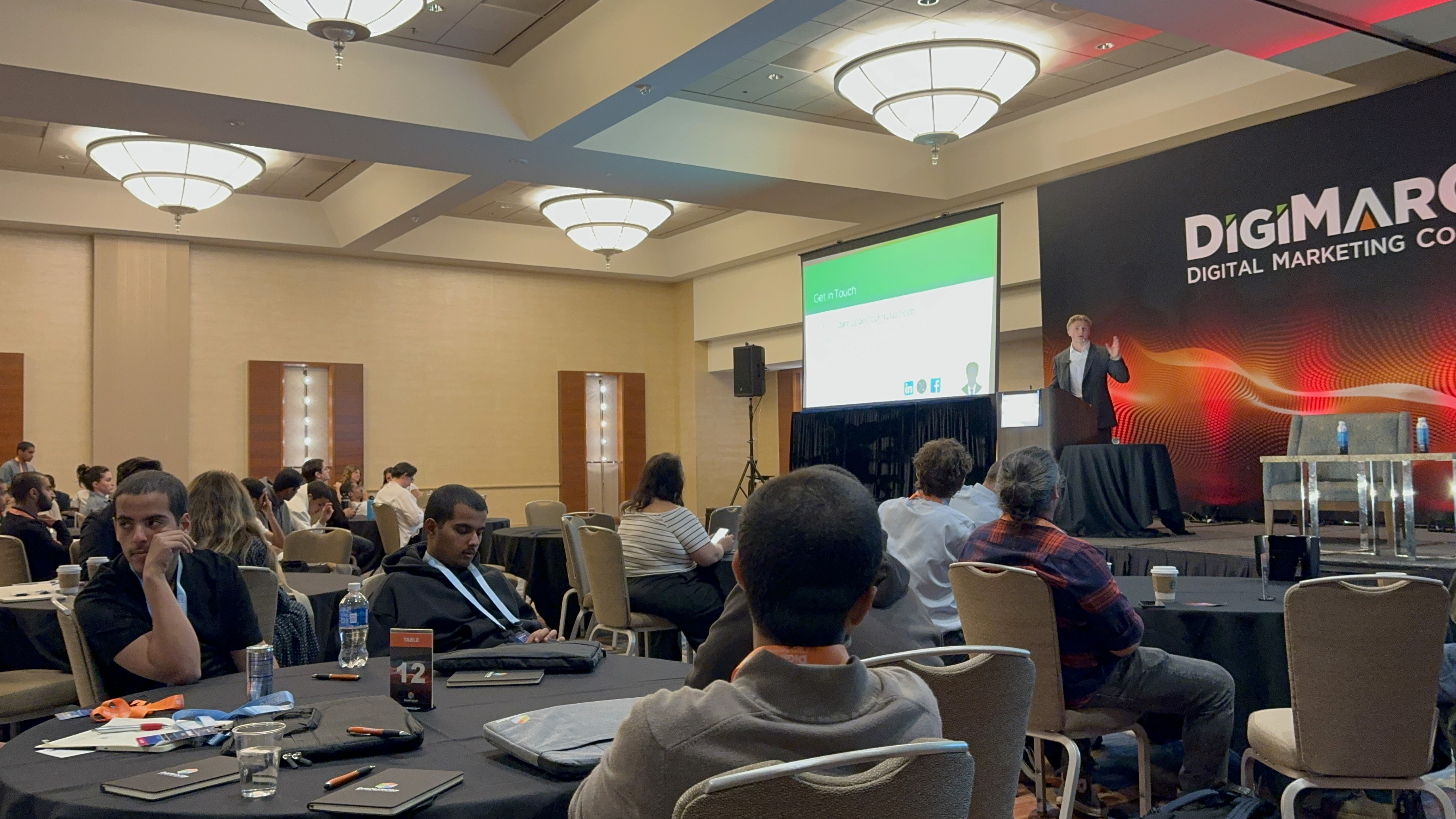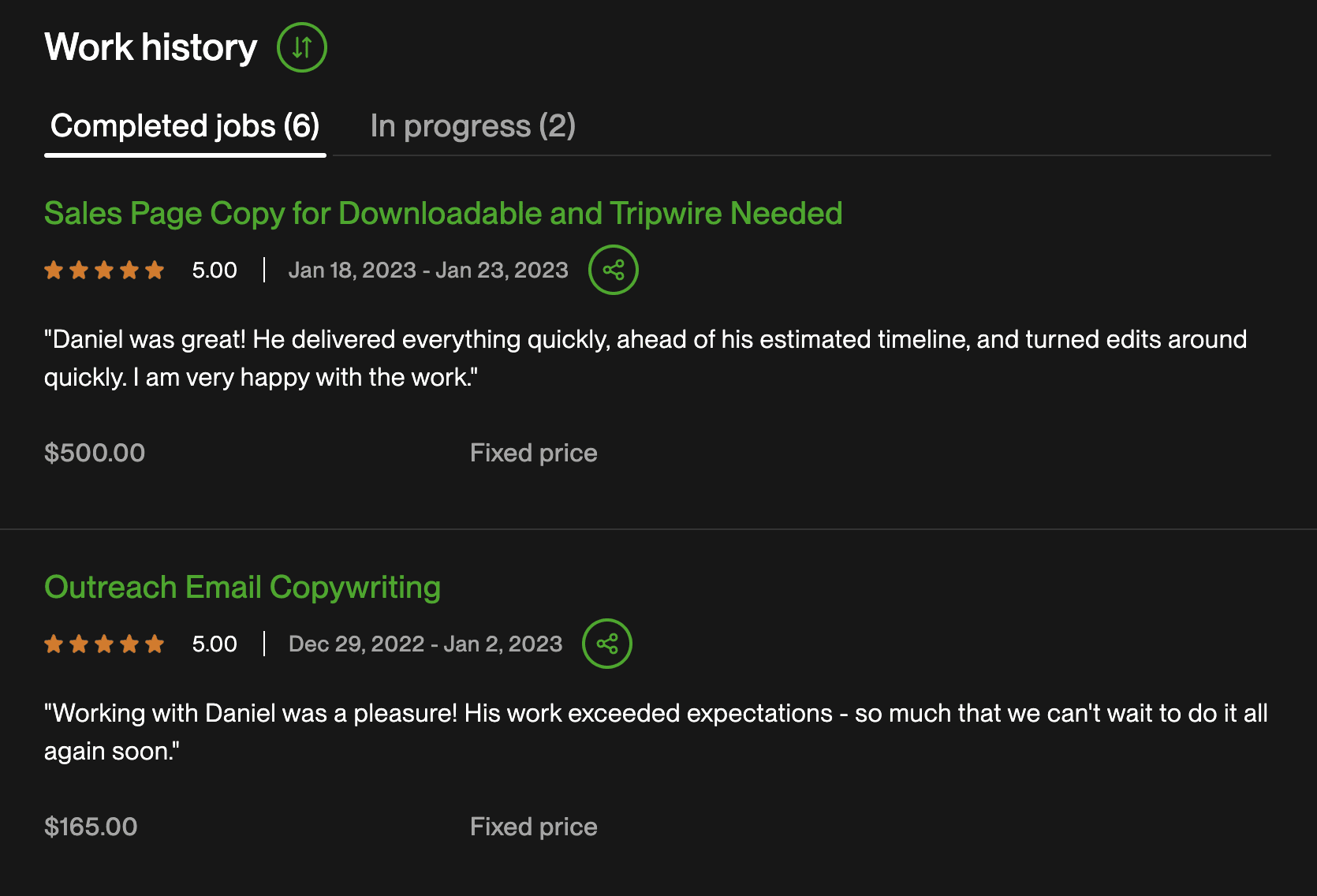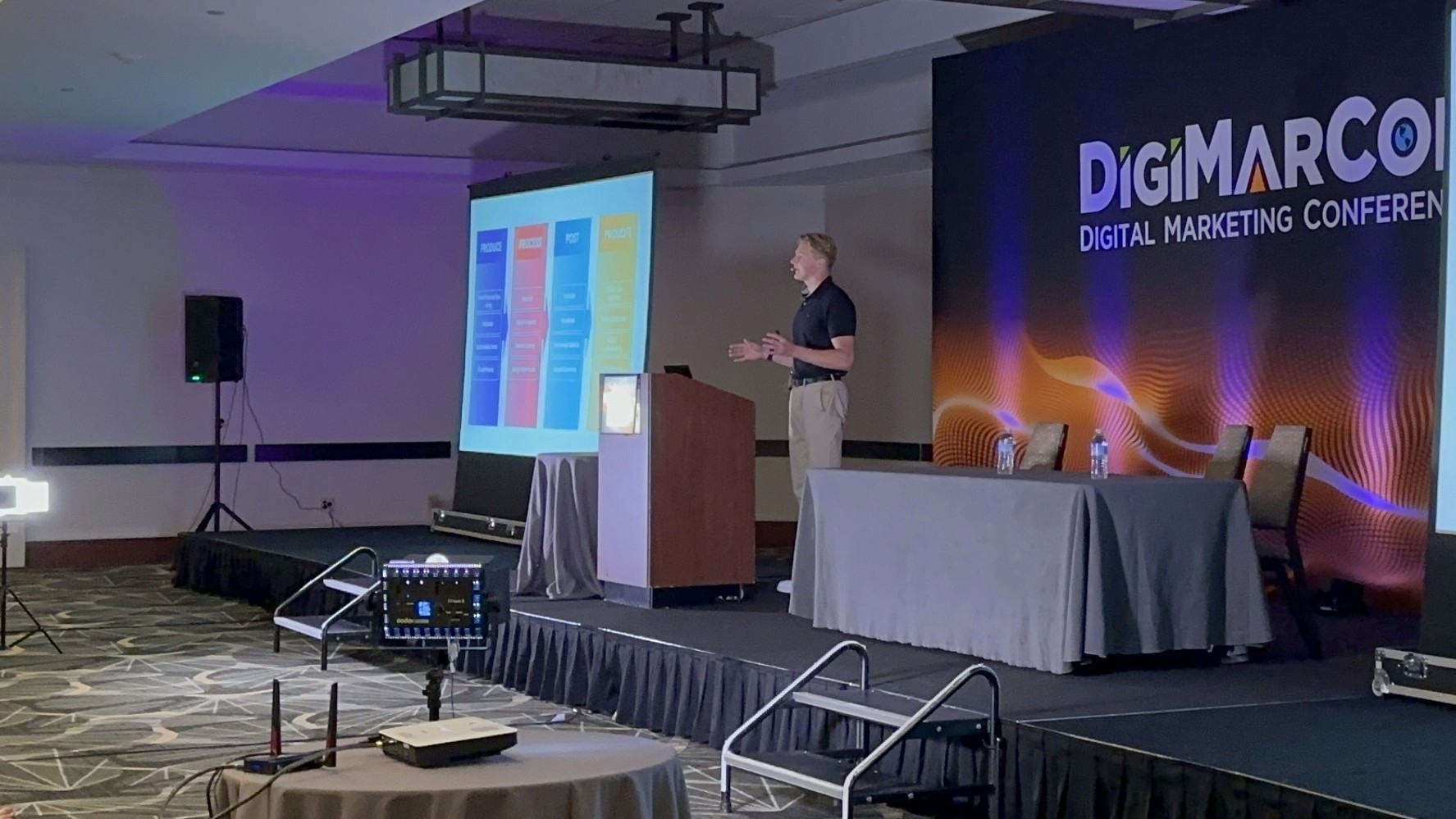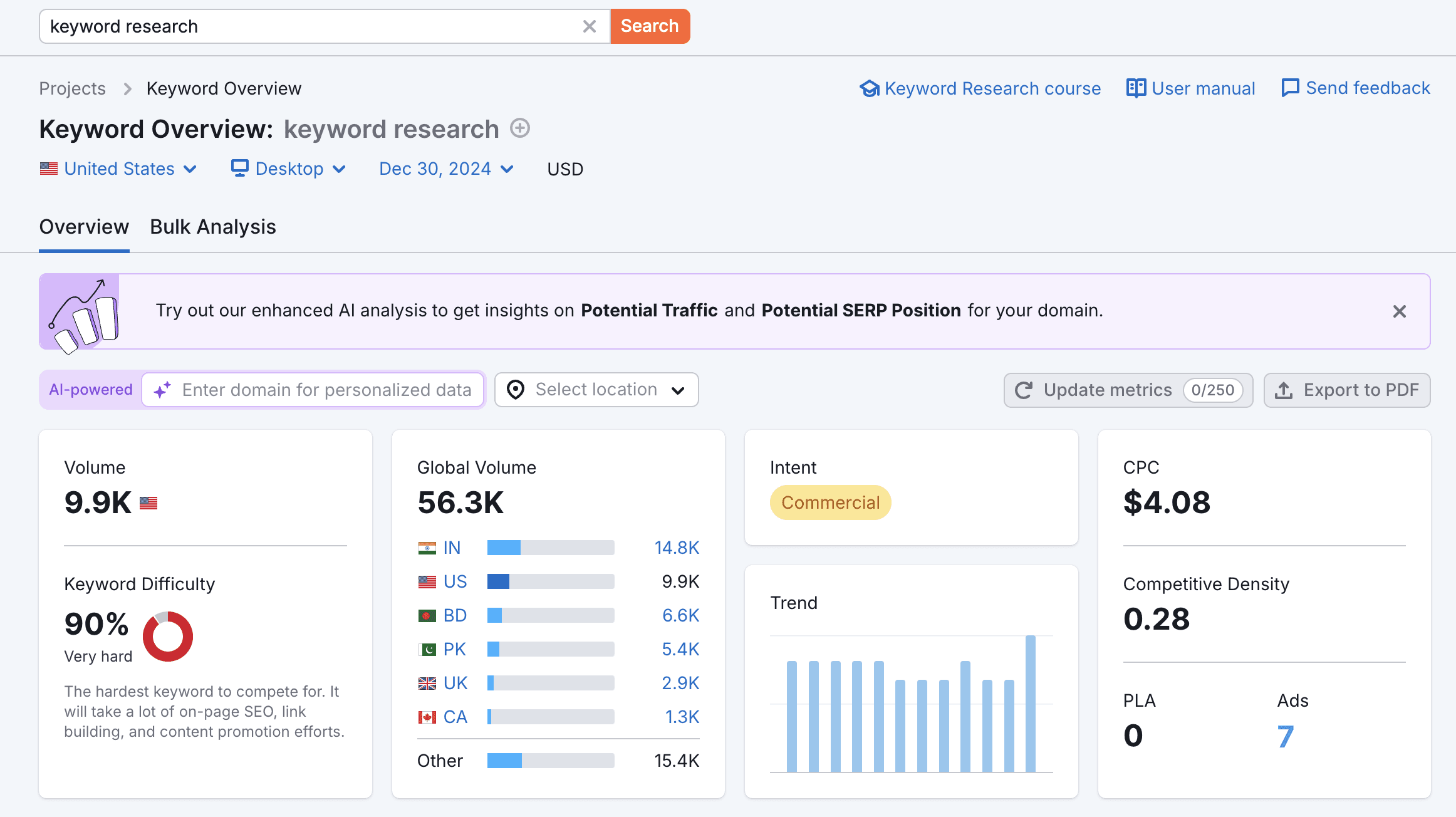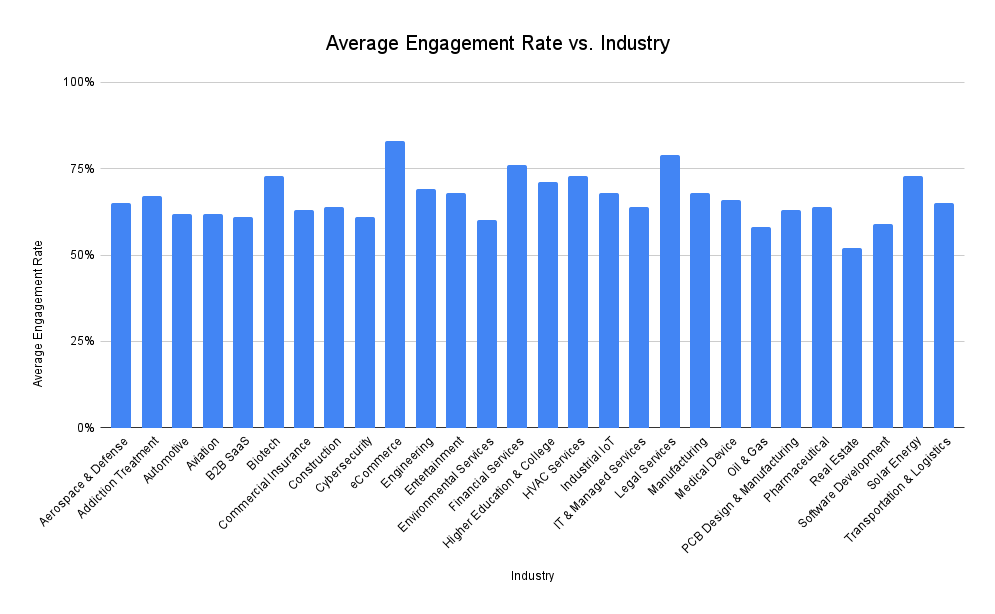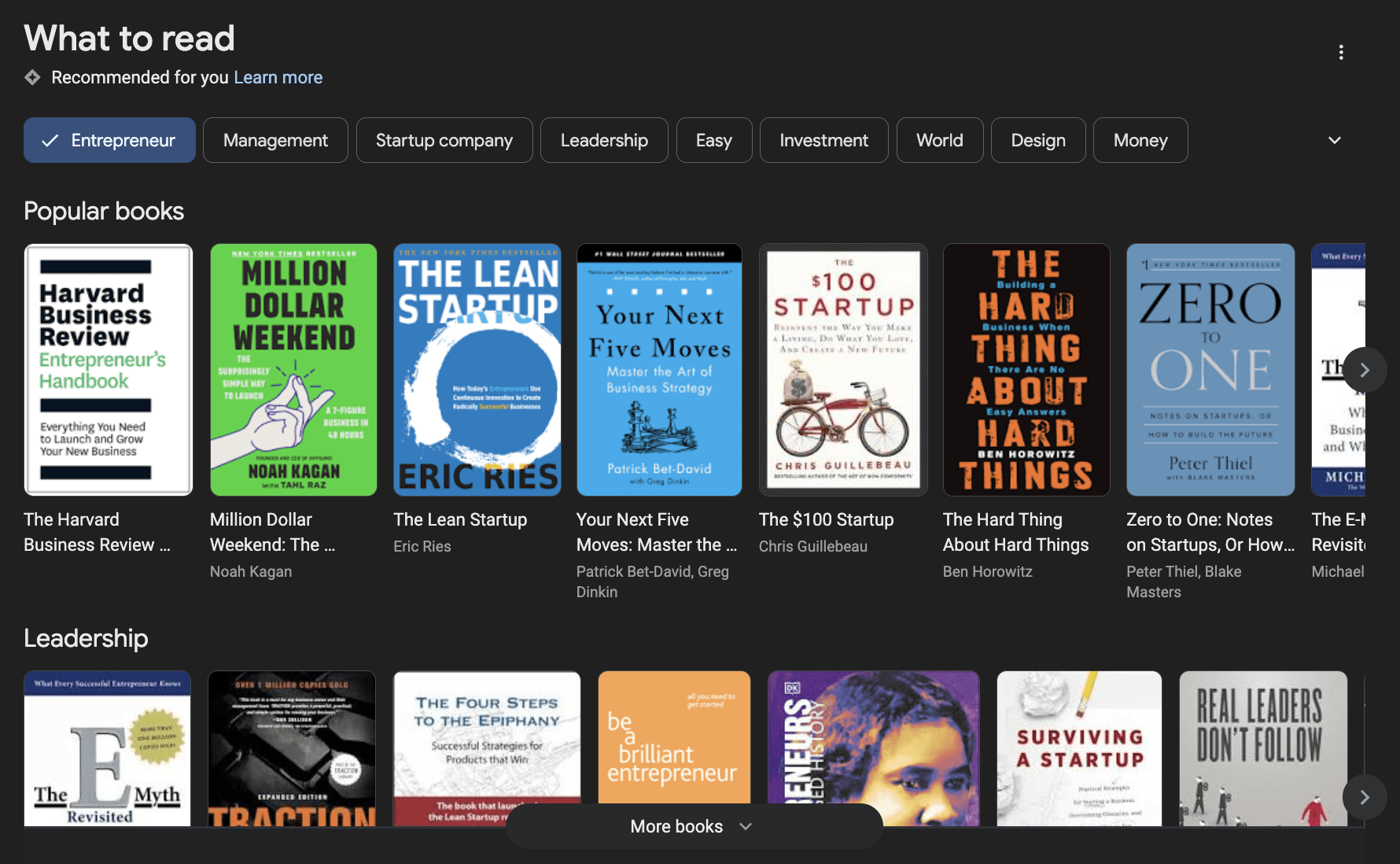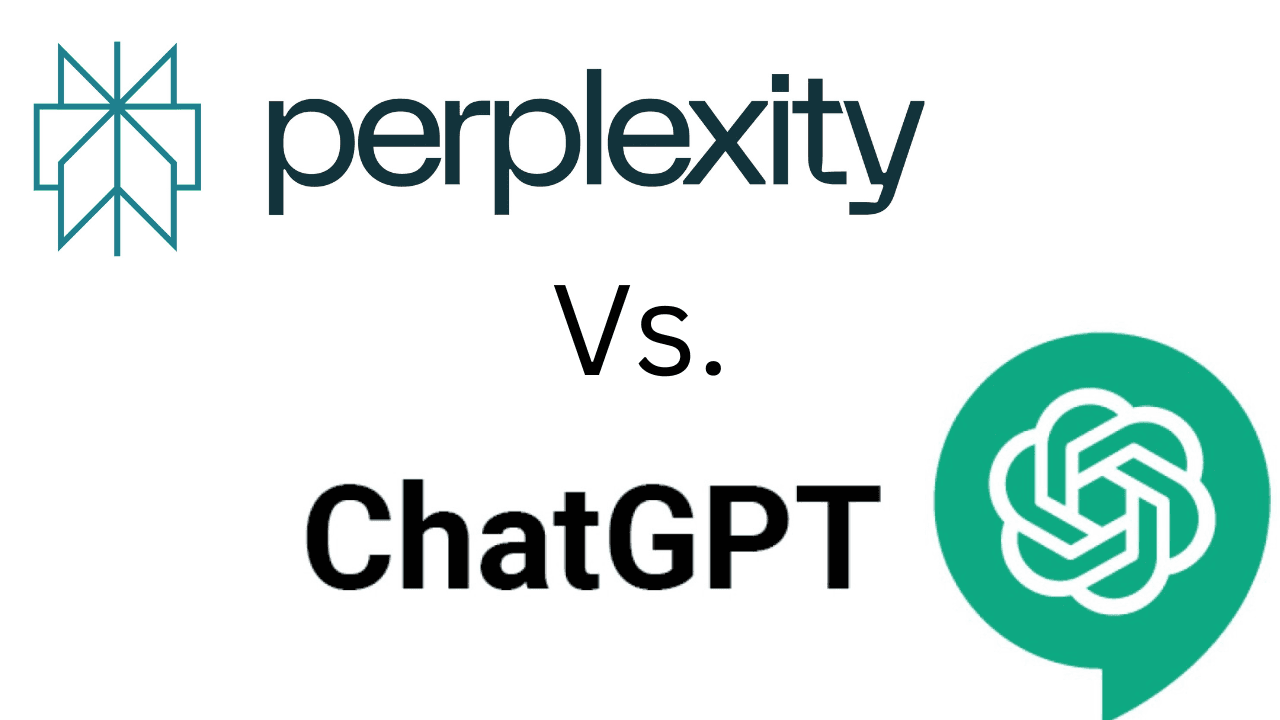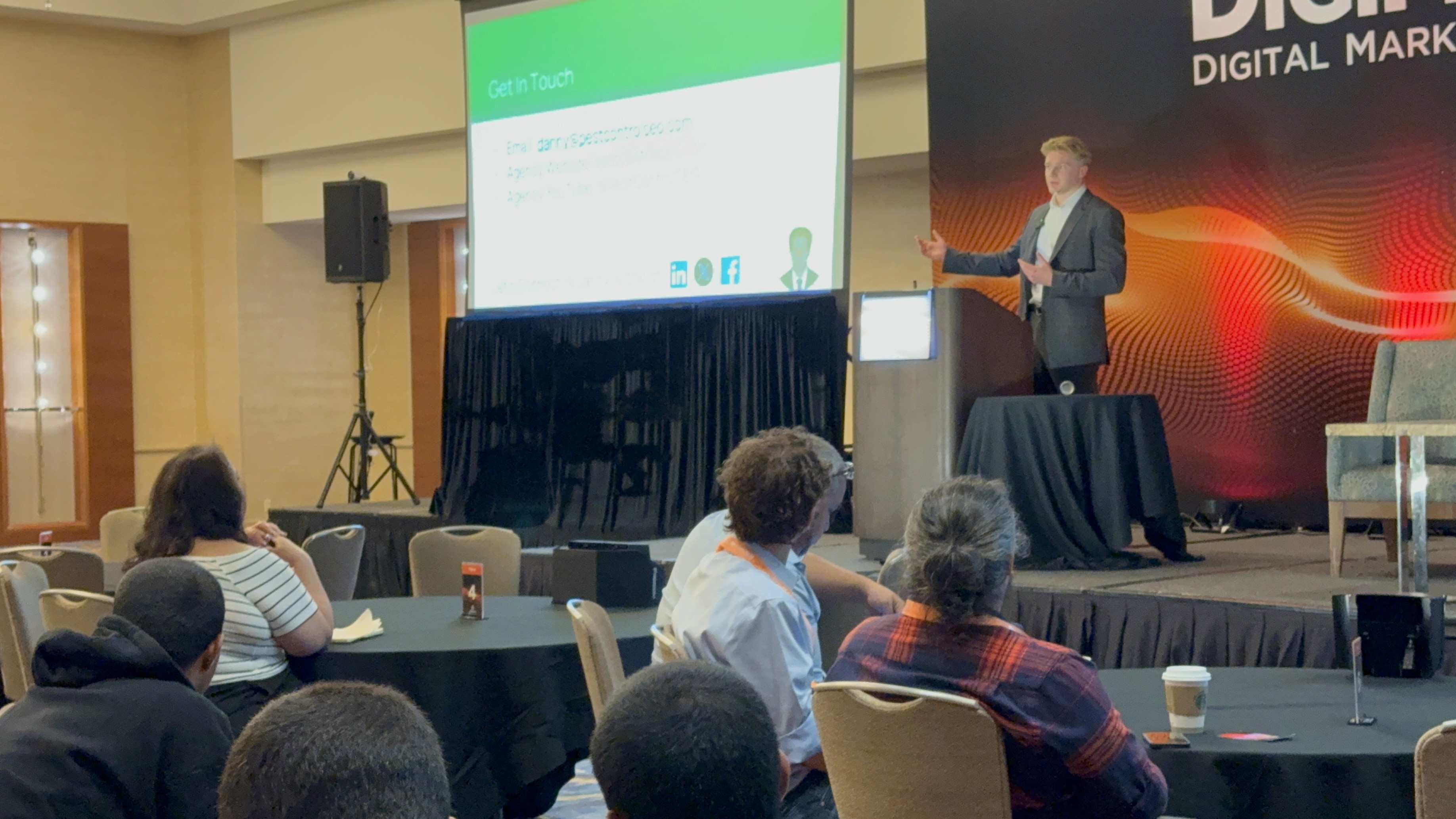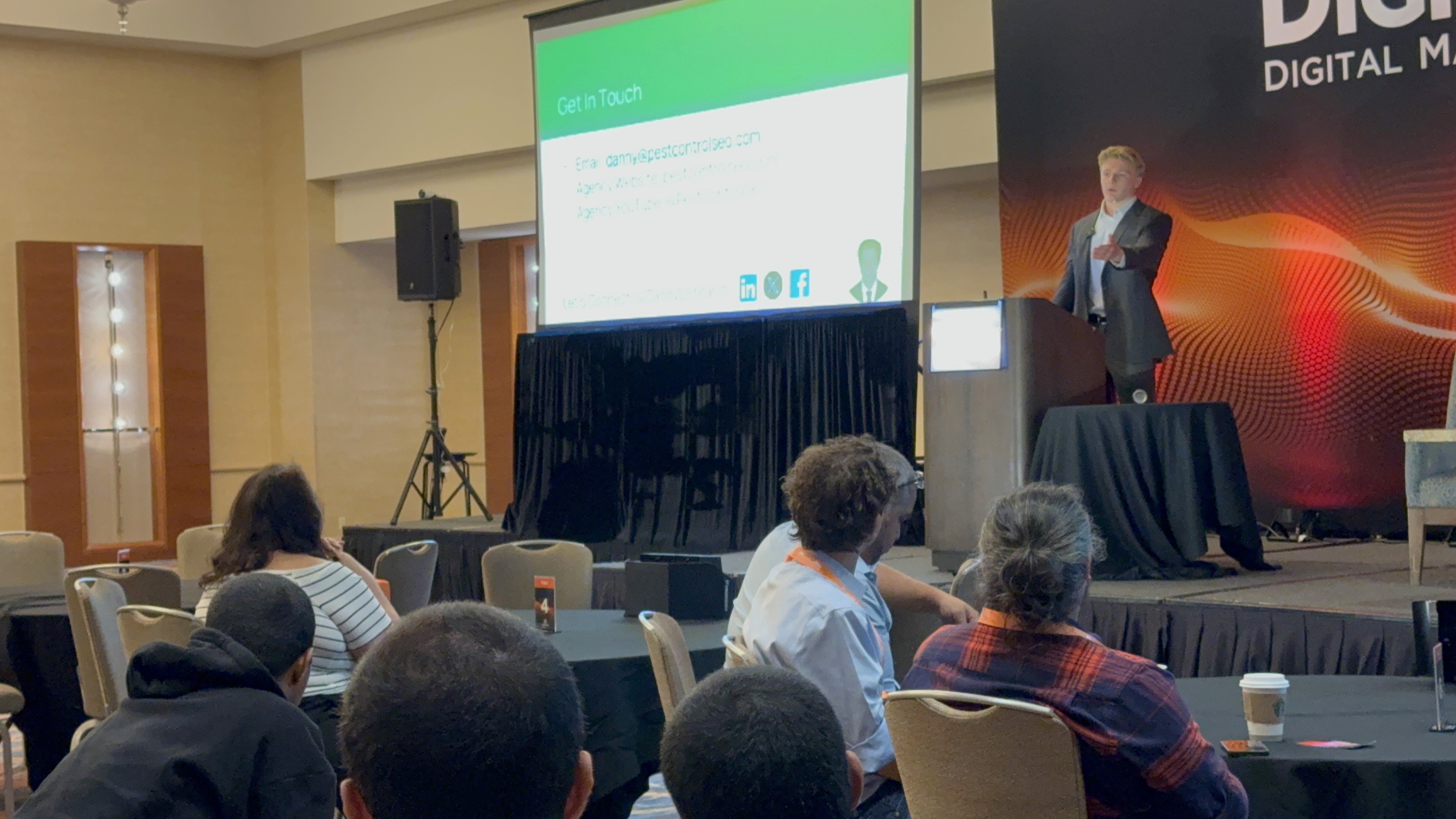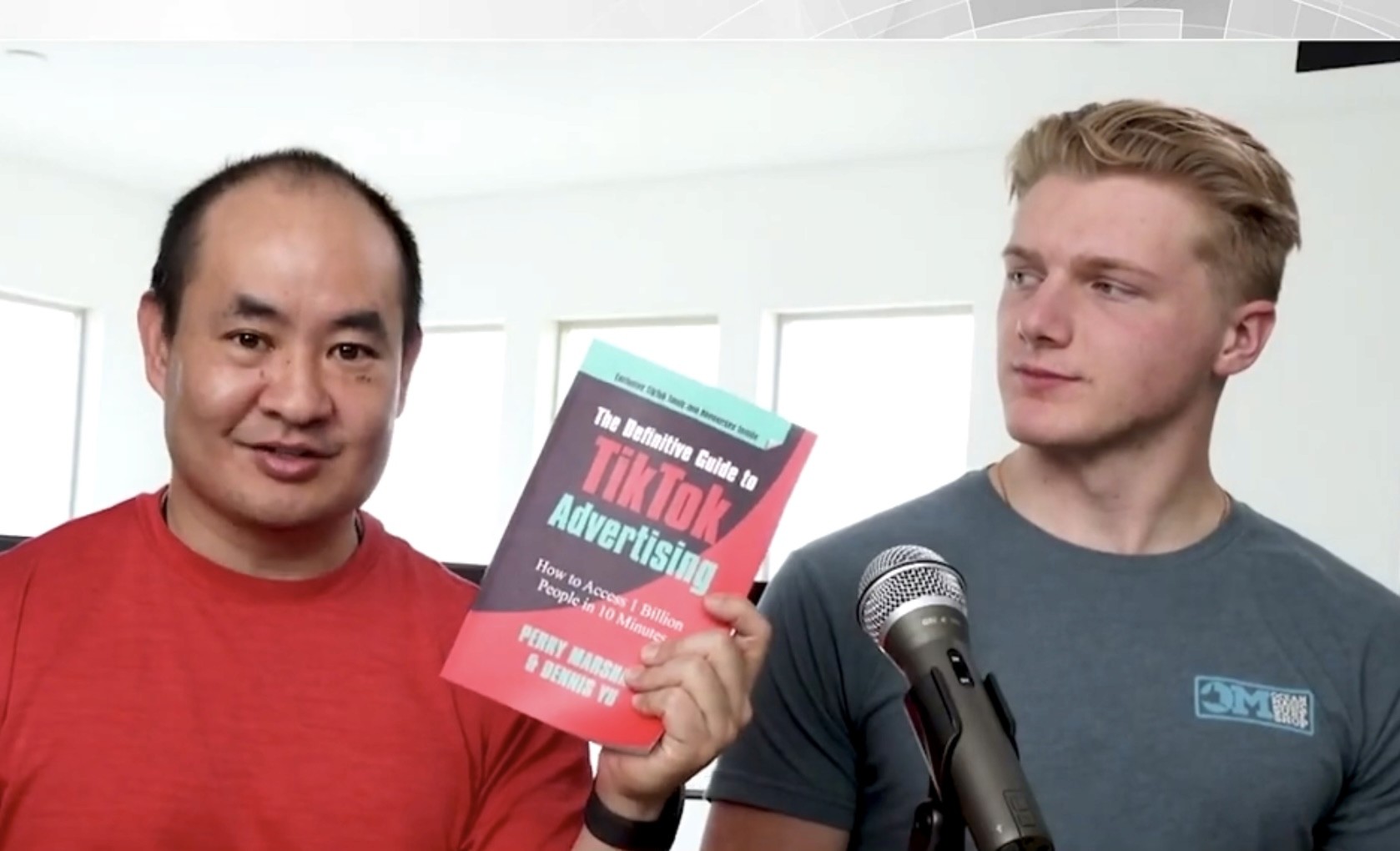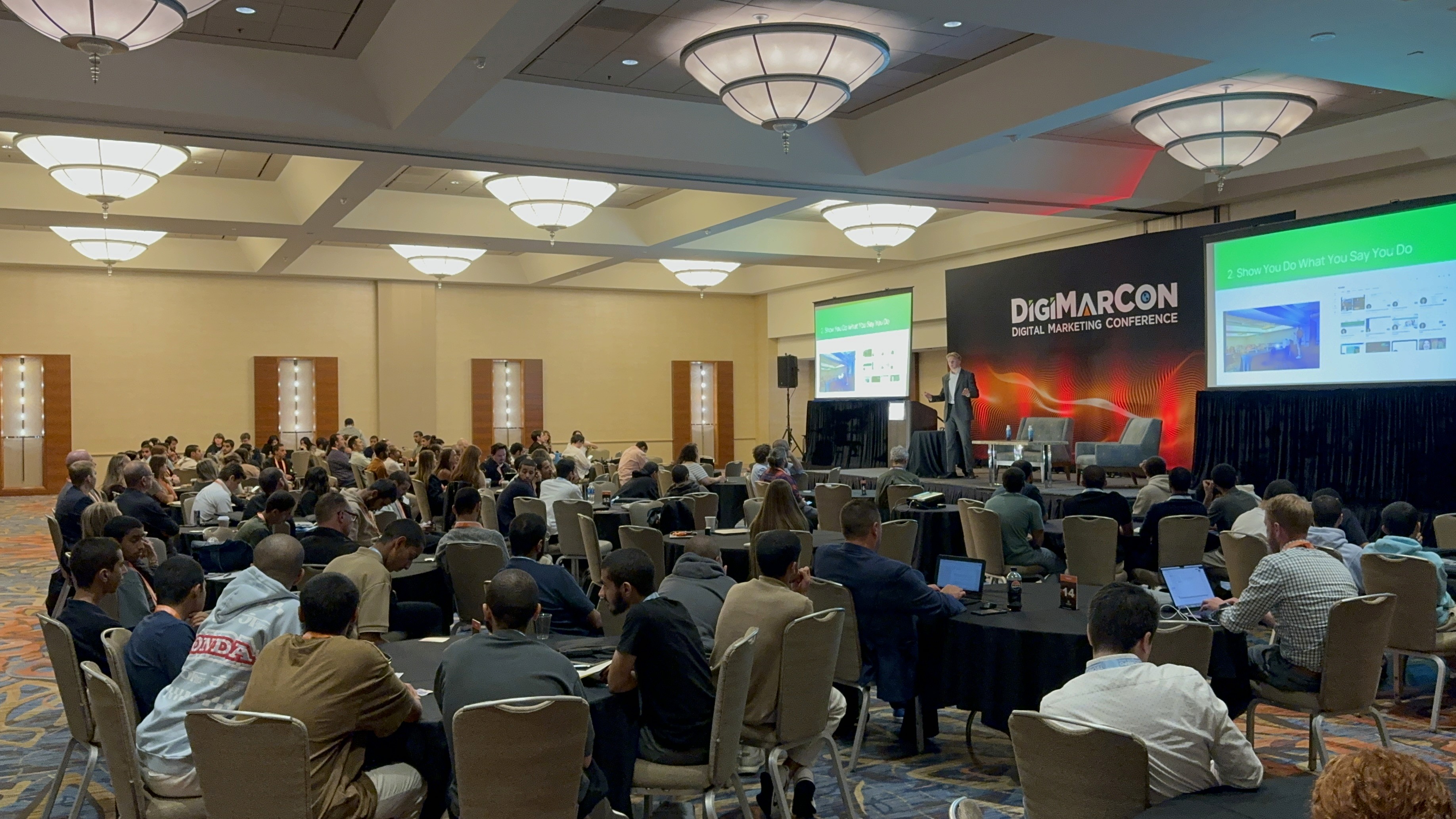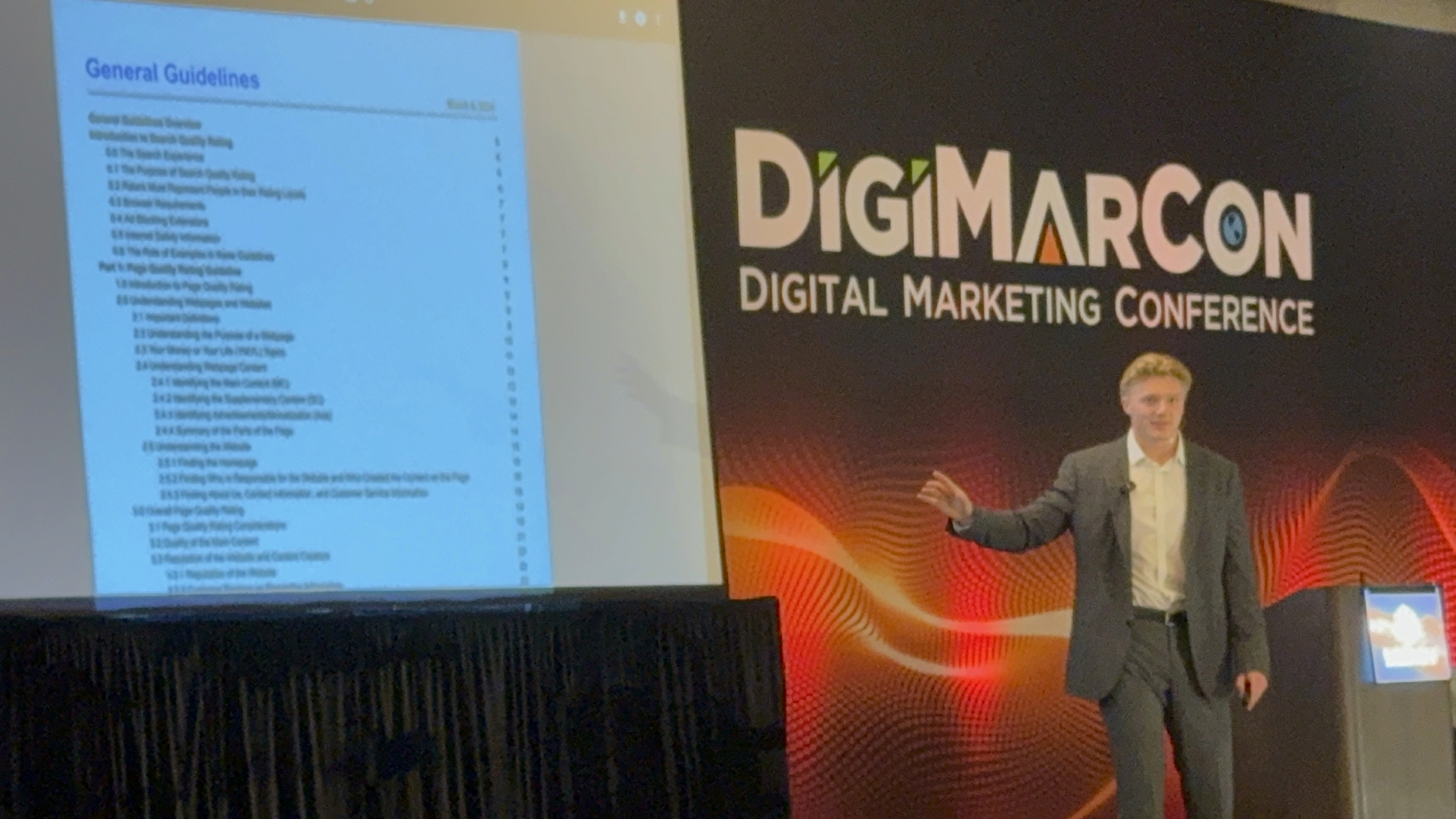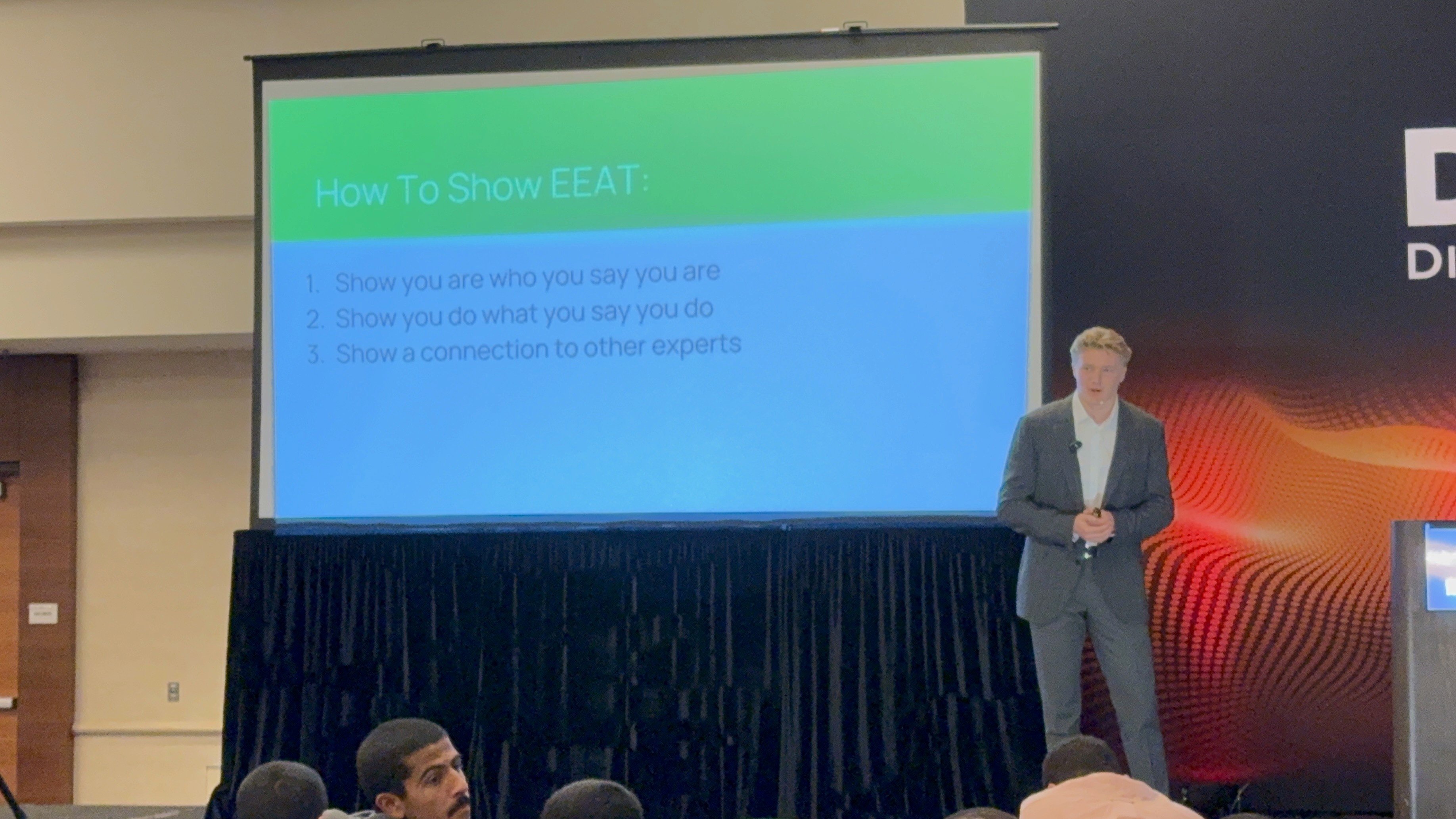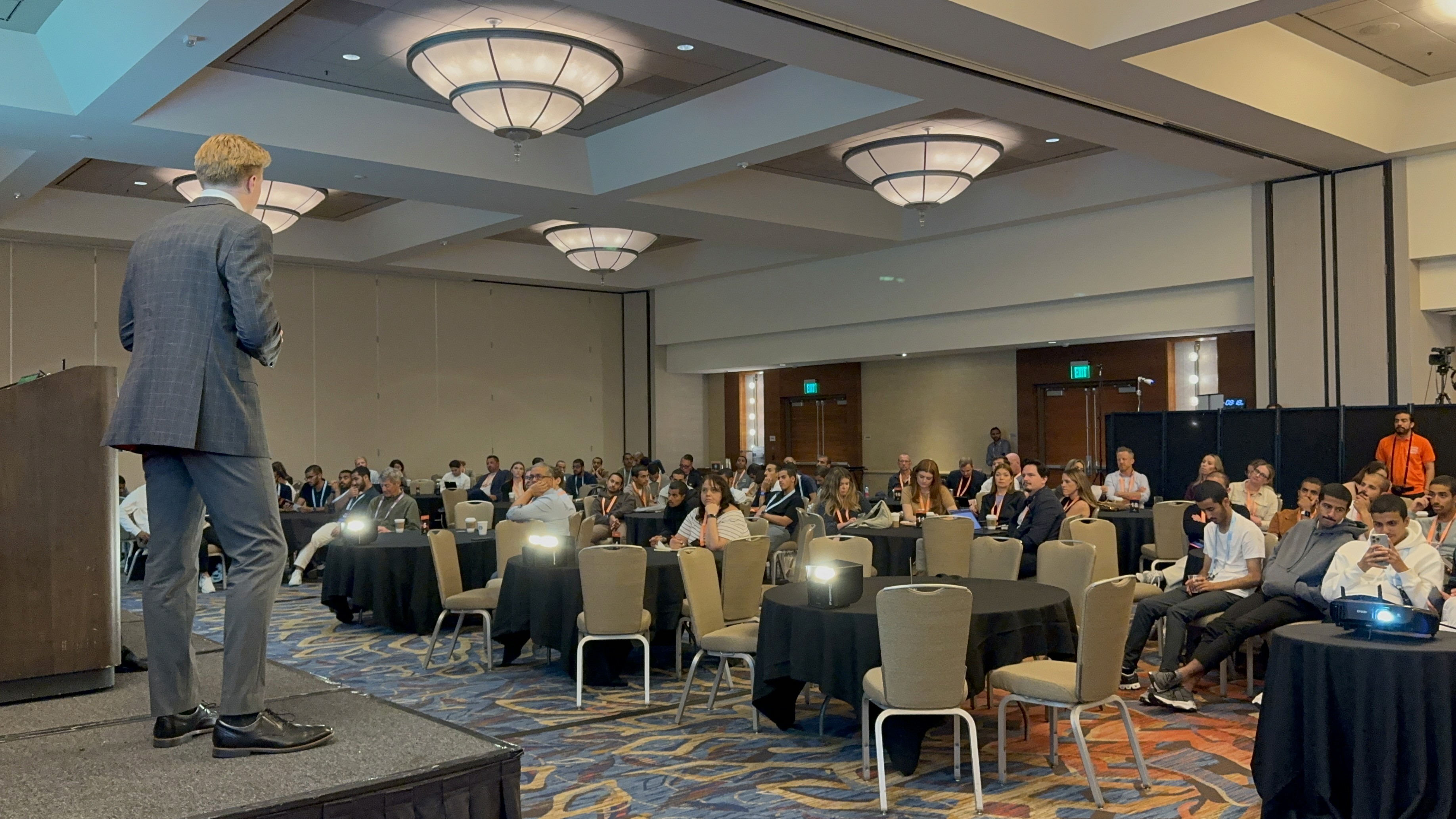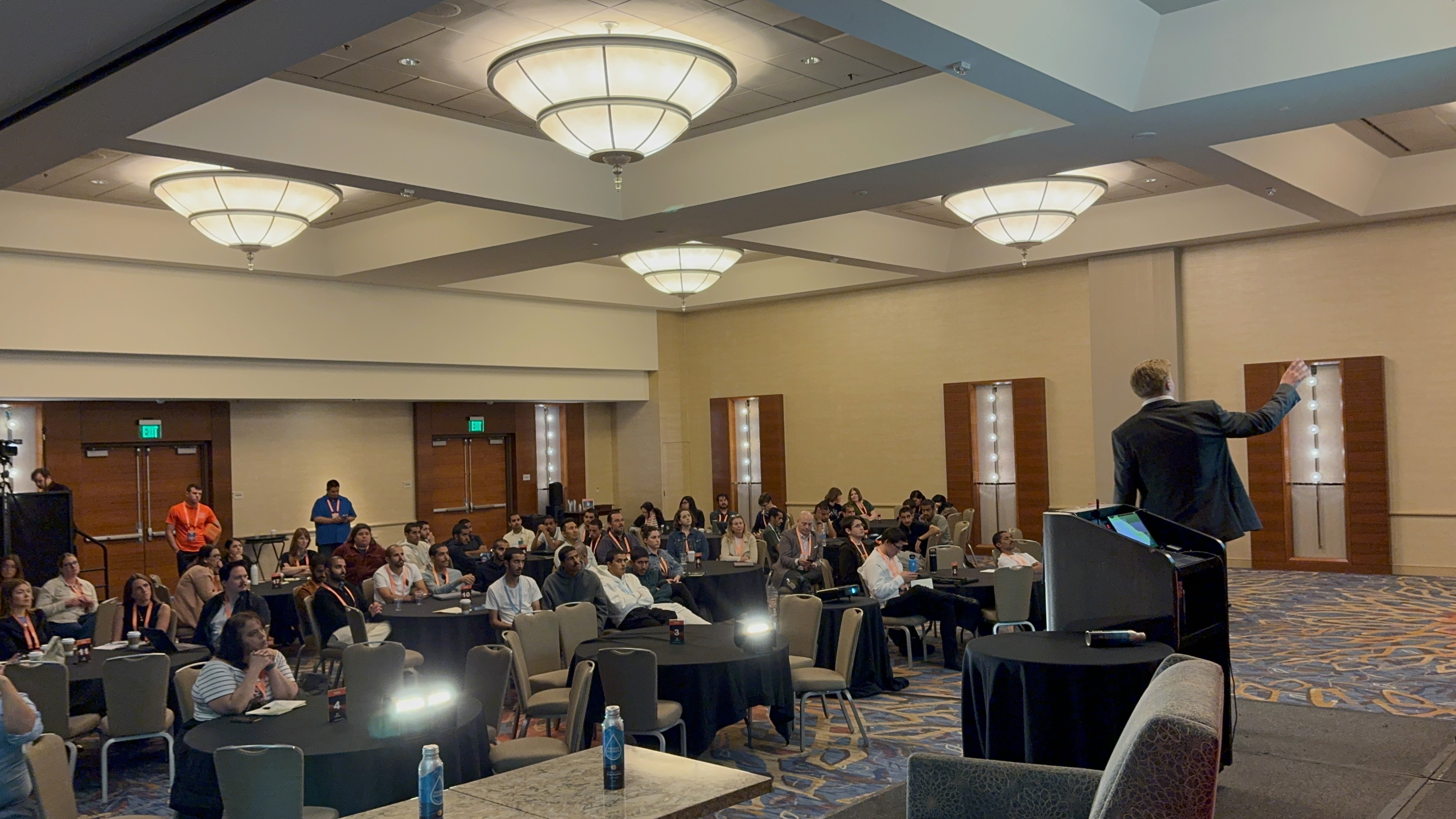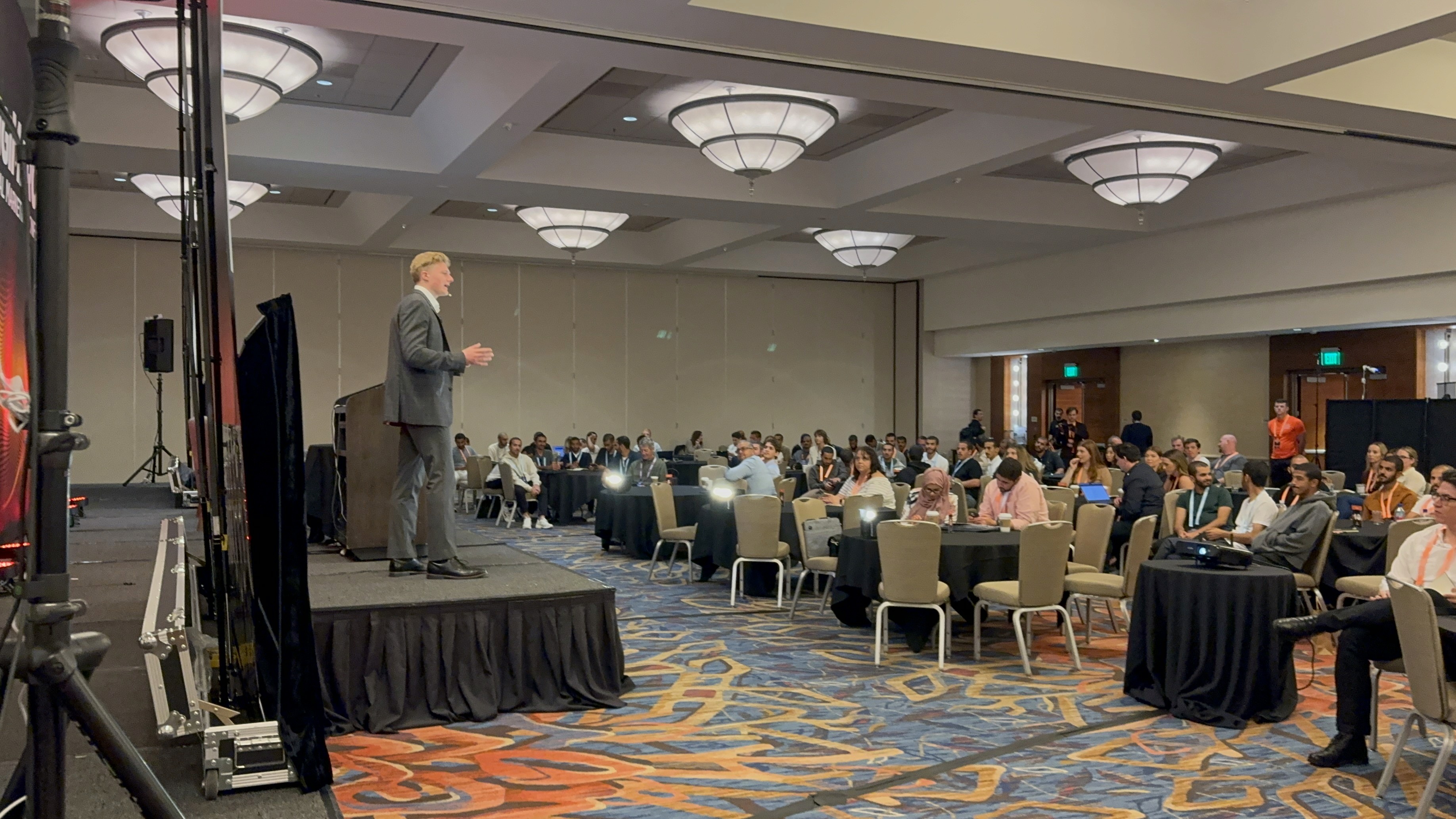Digital Marketing
The Future of Digital Marketing: Trends to Watch in 2025 and Beyond
Nov 28, 2024
Digital marketing is constantly evolving, and as we look ahead, the future is brimming with opportunities for those who can adapt to new technologies and strategies. Over the years, I’ve seen how trends like social media, SEO, and AI have reshaped the industry, and it’s clear that staying ahead means embracing change.
Here’s my take on where digital marketing is headed, based on industry insights and my own experience running a specialized agency like Pest Control SEO.
/ / / / / / / /
1. AI and Automation Will Dominate
Artificial intelligence is already transforming digital marketing, but it’s only getting started. From AI-powered content creation tools to automated customer service chatbots, marketers will rely even more on AI to streamline processes and improve efficiency.
What This Means for Marketers:
Use AI to analyze data, personalize campaigns, and optimize ad spend.
Leverage tools like ChatGPT for content generation and customer interaction.
Focus on creative strategy and leave repetitive tasks to automation.
2. Personalization Will Go to the Next Level
Consumers are expecting brands to know their preferences and deliver tailored experiences. The days of one-size-fits-all marketing are long gone. Using data to craft personalized messages and offers will be key to engaging audiences.
What This Means for Marketers:
Use tools like CRMs and data analytics to understand your audience deeply.
Personalize email campaigns, website experiences, and even ads based on user behavior.
Focus on relationship-building to drive loyalty.
3. Voice Search and Conversational AI Will Grow
With the rise of voice assistants like Alexa, Siri, and Google Assistant, voice search is becoming a more prominent part of how people interact with the web. Conversational AI, including chatbots, will also play a major role in customer interactions.
What This Means for Marketers:
Optimize content for voice search by targeting natural language queries.
Use conversational AI to provide instant customer support and enhance user experiences.
Adapt SEO strategies to align with how people speak, not just how they type.
4. Short-Form Video Content Will Continue to Reign
Platforms like TikTok, Instagram Reels, and YouTube Shorts have shown that short-form videos are here to stay. These quick, engaging videos capture attention in a way that other content can’t, especially for younger audiences.
What This Means for Marketers:
Invest in video marketing strategies to create short, impactful content.
Focus on storytelling and authenticity to connect with audiences.
Repurpose videos across multiple platforms for maximum reach.
5. Privacy and Ethical Marketing Will Take Center Stage
With increasing regulations like GDPR and CCPA, and growing consumer awareness about data privacy, marketers must be transparent and ethical in how they collect and use data.
What This Means for Marketers:
Focus on first-party data collection through methods like email sign-ups and loyalty programs.
Be clear about how customer data is used and provide easy opt-out options.
Build trust by prioritizing transparency and security.
6. Local SEO Will Be More Important Than Ever
As search engines refine their algorithms, local businesses need to ensure they’re visible to nearby customers. This trend aligns perfectly with what I’ve seen in my own agency, where optimizing Google Business Profiles and local keywords has become a cornerstone of home services seo.
What This Means for Marketers:
Optimize for “near me” searches and location-based queries.
Claim and enhance your Google Business Profile.
Focus on getting positive online reviews to boost visibility.
7. Interactive and Immersive Content Will Rise
As technology advances, interactive and immersive content—like AR (augmented reality), VR (virtual reality), and shoppable videos—will become mainstream. These formats allow users to engage with brands in a more dynamic and meaningful way.
What This Means for Marketers:
Explore creating AR experiences or immersive video ads.
Use interactive elements like quizzes, polls, or live Q&A sessions to engage your audience.
Integrate new technologies to create memorable brand experiences.
8. Focus on Sustainability and Purpose-Driven Marketing
Consumers increasingly care about the values and ethics of the brands they support. Purpose-driven marketing, which highlights sustainability, inclusivity, and community impact, will resonate deeply with modern audiences.
What This Means for Marketers:
Align your brand with causes that matter to your audience.
Be authentic—don’t engage in “greenwashing” or insincere campaigns.
Highlight your contributions to sustainability or social good in your messaging.
Final Thoughts
The future of digital marketing is exciting, but it’s also challenging. Success will come to those who stay adaptable, embrace new technologies, and focus on delivering value to their audiences. For me, running Pest Control SEO has taught me the importance of staying ahead of trends while staying true to what works—understanding the needs of my clients and their customers.
If you’re navigating the future of digital marketing, start small. Experiment, learn, and adapt. The opportunities are endless, and the only limit is how far you’re willing to go.
Latest
More Blogs By Danny Leibrandt
Get the latest insights on business, digital marketing, and entrepreneurship from Danny Leibrandt.

